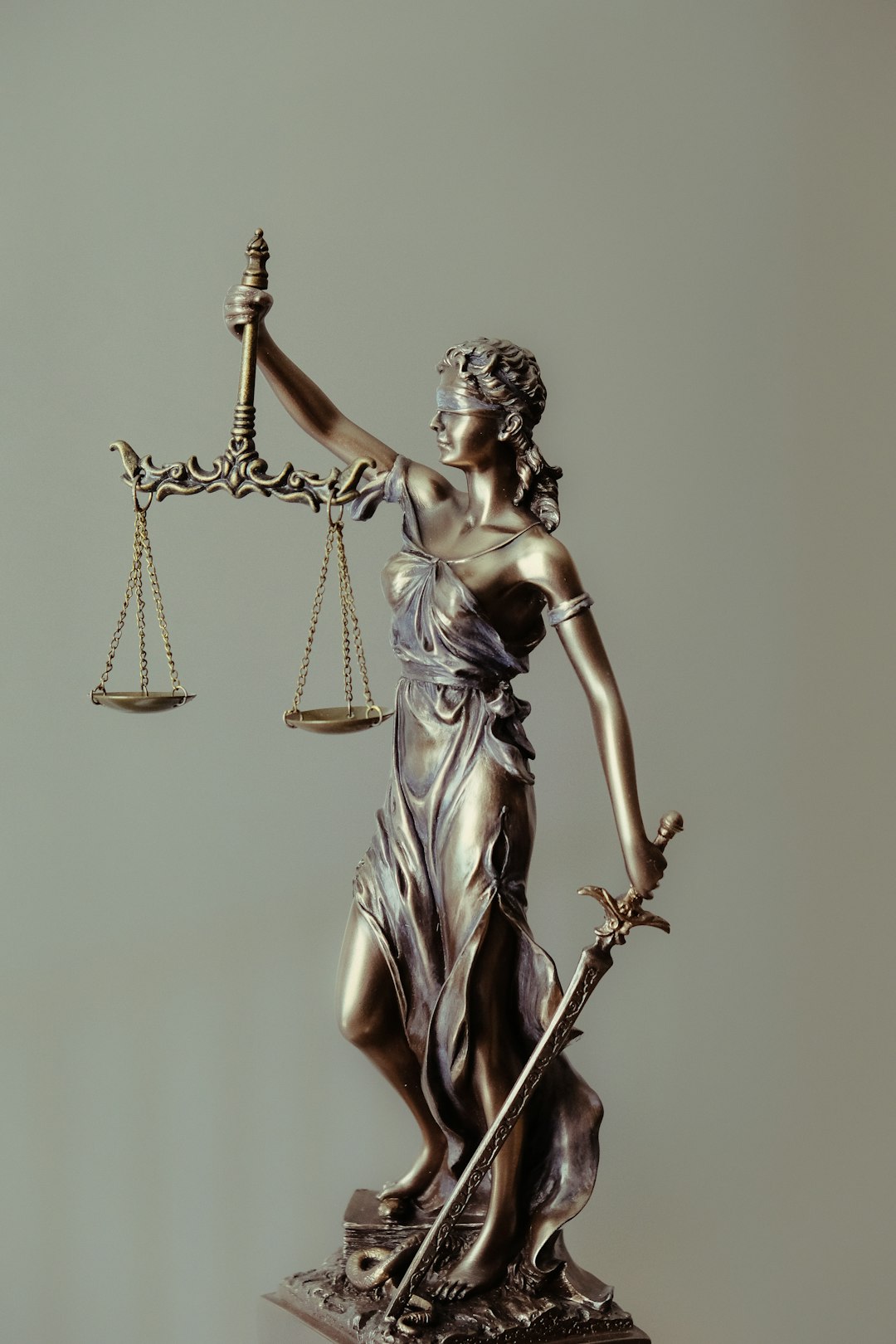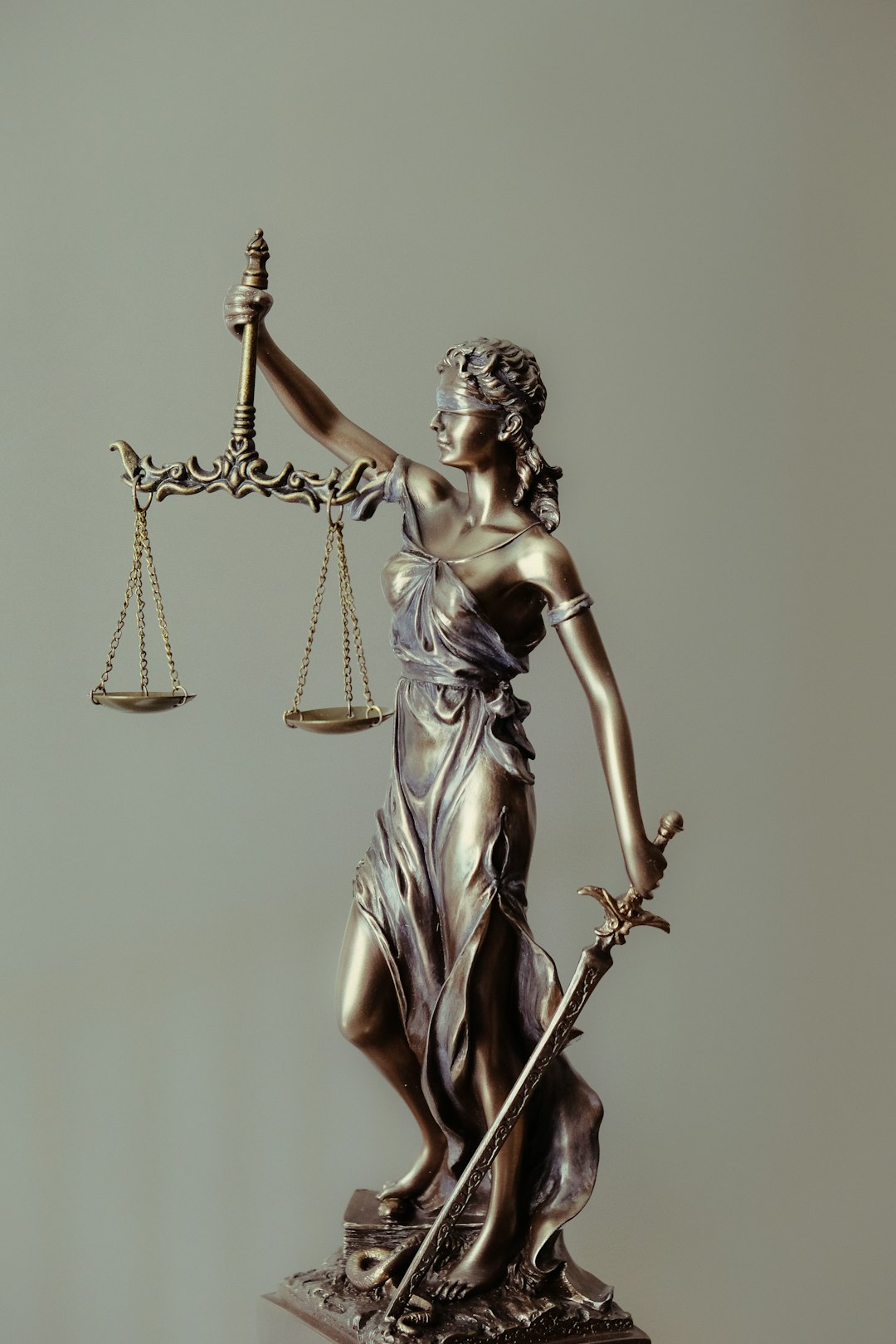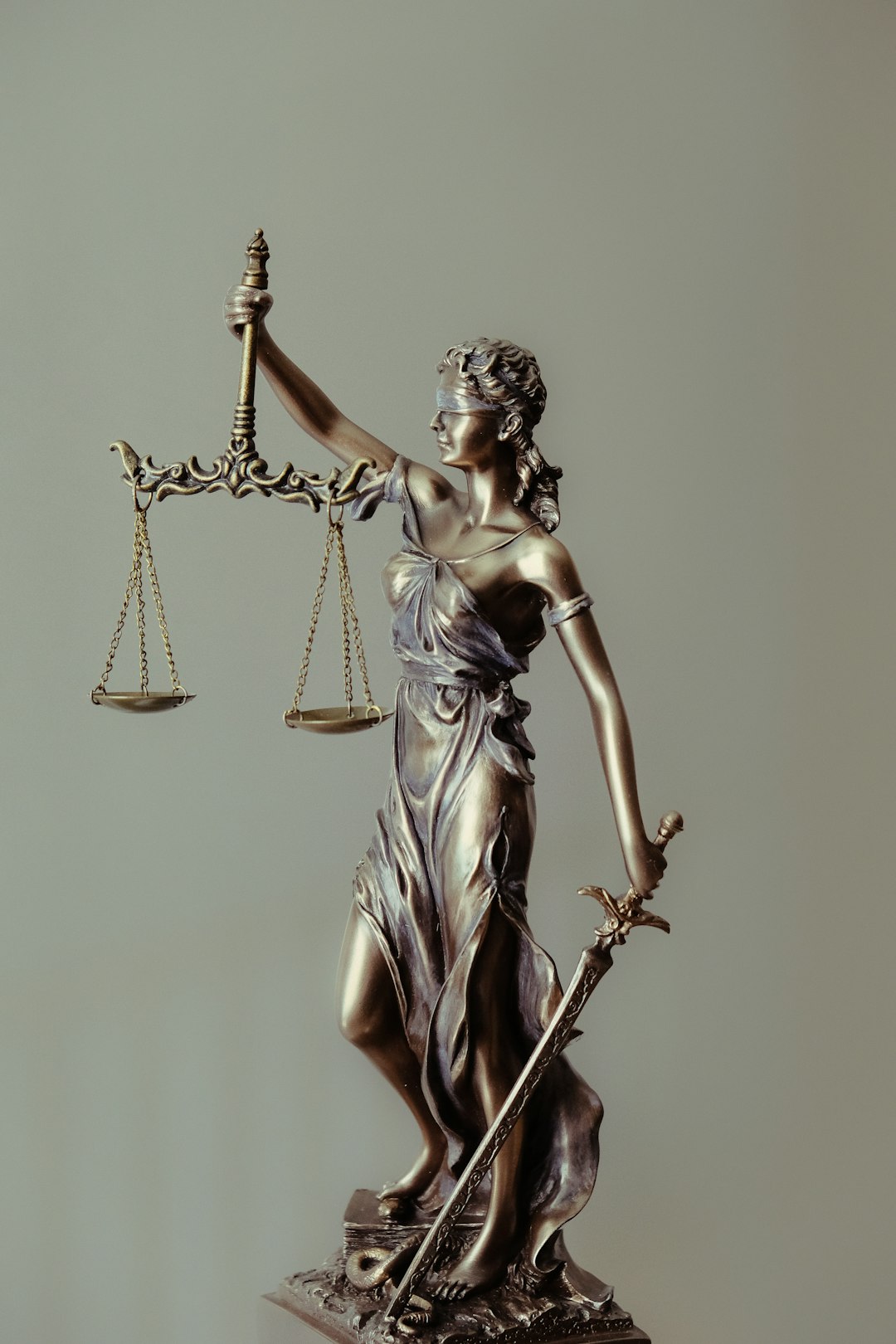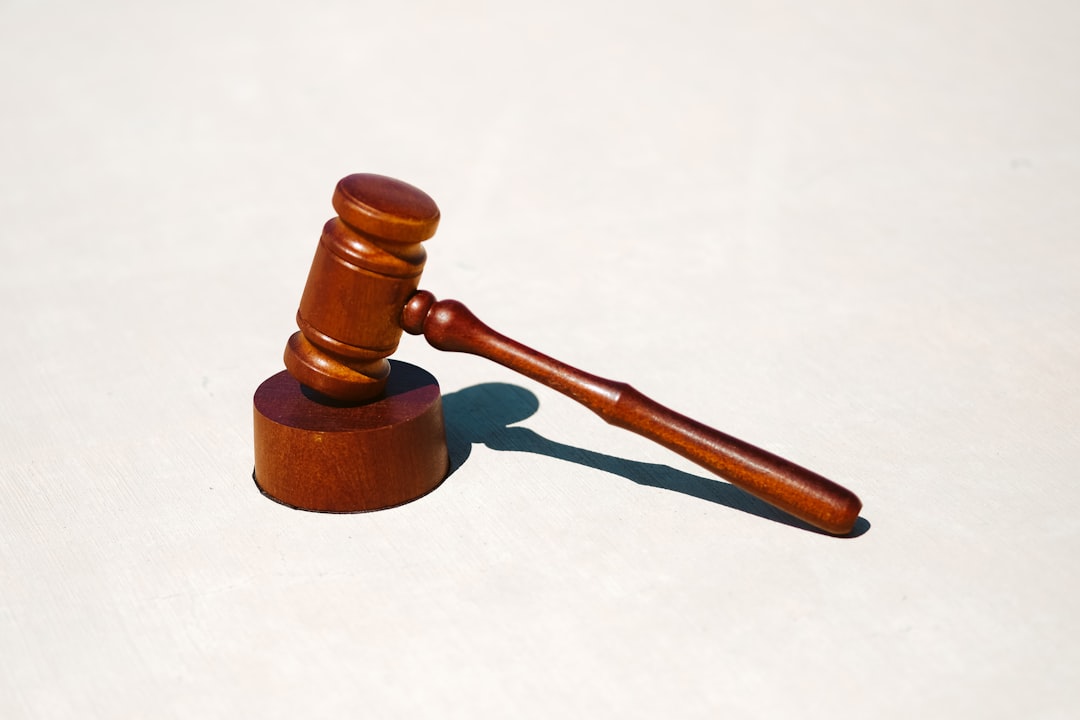Sexual assault lawyers in Wichita, KS play a crucial role in managing and presenting forensic evidence, especially in sensitive cases where accuracy and privacy rights collide. They navigate complex evidentiary rules, ensuring proper handling of physical clues, digital forensics, bloodstain patterns, and ballistics analysis to maintain admissibility in court. With strict criteria based on the Federal Rules of Evidence (FRE), these lawyers critically evaluate collection procedures, challenge biases, and highlight weaknesses, advocating for their clients while upholding fairness and justice.
In Wichita, Kansas, the admissibility of forensic evidence plays a pivotal role in criminal proceedings, particularly in sexual assault cases. This article explores the intricate landscape of forensic evidence, from understanding its various types and collection processes to examining the crucial role a Sexual Assault Lawyer Wichita KS plays in navigating admissibility challenges. We delve into the legal standards governing its admission, dissecting contemporary debates surrounding sensitive data, and offering best practices for effective presentation and defense.
Understanding Forensic Evidence: Types and Collection Processes

Forensic evidence plays a pivotal role in criminal proceedings, especially in cases involving complex or sensitive matters like sexual assault. This type of evidence is collected and analyzed using scientific methods to establish facts related to a crime scene and its participants. It can include physical clues such as fingerprints, DNA samples, bloodstain patterns, ballistics analysis, and digital forensics from devices like smartphones or computers. The collection process involves meticulous procedures to ensure the integrity and admissibility of the evidence in court.
A sexual assault lawyer in Wichita, KS, would be well-versed in these processes as they are crucial in building a strong case. Proper handling and documentation during the collection phase are essential to prevent contamination or tampering, which could compromise the evidence’s credibility. Different types of forensic techniques are employed based on the nature of the crime, ensuring that every piece of relevant information is gathered and preserved for use in court, thereby strengthening the legal arguments presented by the lawyer.
The Role of a Sexual Assault Lawyer in Admissibility Cases

When it comes to the admissibility of forensic evidence in Wichita courts, a Sexual Assault Lawyer plays a pivotal role. These legal experts are well-versed in navigating complex evidentiary rules and procedures, especially in cases involving sensitive topics like sexual assault. They possess the knowledge and skills to ensure that critical evidence is properly collected, preserved, and presented in court, adhering to stringent legal standards.
Wichita KS Sexual Assault Lawyers are adept at challenging or supporting the admissibility of forensic evidence based on its source, handling, and potential biases. They scrutinize every step of the evidentiary process, from the initial collection at the scene to the final analysis in the lab, ensuring that the integrity and reliability of the evidence are not compromised. This meticulous approach is crucial for achieving just outcomes in sexual assault cases where the accuracy and credibility of forensic data can significantly impact the verdict.
Legal Standards for Admitting Forensic Evidence in Wichita Courts

In Wichita courts, the admissibility of forensic evidence in criminal cases, particularly those involving sexual assault, is governed by stringent legal standards. This ensures that only reliable and trustworthy evidence is considered during trials. The primary standard is set by the Federal Rules of Evidence (FRE), which outlines the criteria for admitting expert testimony and scientific evidence. For instance, per FRE 702, a qualified expert witness must provide their opinion based on reliable methods, data, or real-world experiences.
When it comes to forensic evidence, such as DNA results or crime scene analysis reports, Wichita courts apply additional guidelines. These include ensuring the method used for generating the evidence is generally accepted within the scientific community and that proper procedures were followed to maintain integrity. Sexual assault lawyers in Wichita KS often scrutinize these aspects to challenge or support the admissibility of forensic evidence, playing a crucial role in protecting their clients’ rights and securing fair trials.
Challenges and Controversies: Excluding or Admitting Sensitive Data

The admissibility of forensic evidence, particularly in sensitive cases like sexual assault, presents unique challenges and controversies in Wichita courts. With the increasing complexity of digital data, determining the admissibility of electronic or physical evidence requires a careful balance between ensuring justice and protecting privacy rights. Sexual assault lawyers in Wichita KS often find themselves navigating these complex waters, advocating for their clients while adhering to strict evidentiary rules.
One significant controversy arises when dealing with sensitive data such as sexual images or intimate records. Courts must weigh the probative value of this evidence against potential invasion of privacy. Excluding relevant but sensitive data can hinder the prosecution’s ability to prove its case, while admitting it may cause undue prejudice and infringe on an individual’s rights. These dilemmas highlight the delicate nature of forensic evidence presentation in sexual assault cases, requiring strategic legal arguments and a nuanced understanding of both evidentiary law and ethical considerations.
Best Practices for Presenting and Defending Forensic Evidence

When presenting forensic evidence in court, especially in cases involving sensitive matters like sexual assault, it’s crucial to follow best practices that ensure accuracy and admissibility. A sexual assault lawyer in Wichita, KS, should meticulously prepare all documentation related to the evidence, including detailed reports from experts, to establish a clear chain of custody. This process verifies that the evidence has not been tampered with and maintains its integrity from collection to presentation.
Additionally, lawyers should be well-versed in the methods and procedures used to collect and analyze forensic data. Understanding the science behind the evidence strengthens the argument for its admissibility. Conversely, when defending against forensic evidence, legal professionals must scrutinize the methodology, challenge any potential biases, and highlight any weaknesses in the collection or interpretation process. This strategic approach ensures a fair trial and maximizes the chances of a favorable outcome for the defendant, especially in complex cases that rely heavily on scientific evidence.





